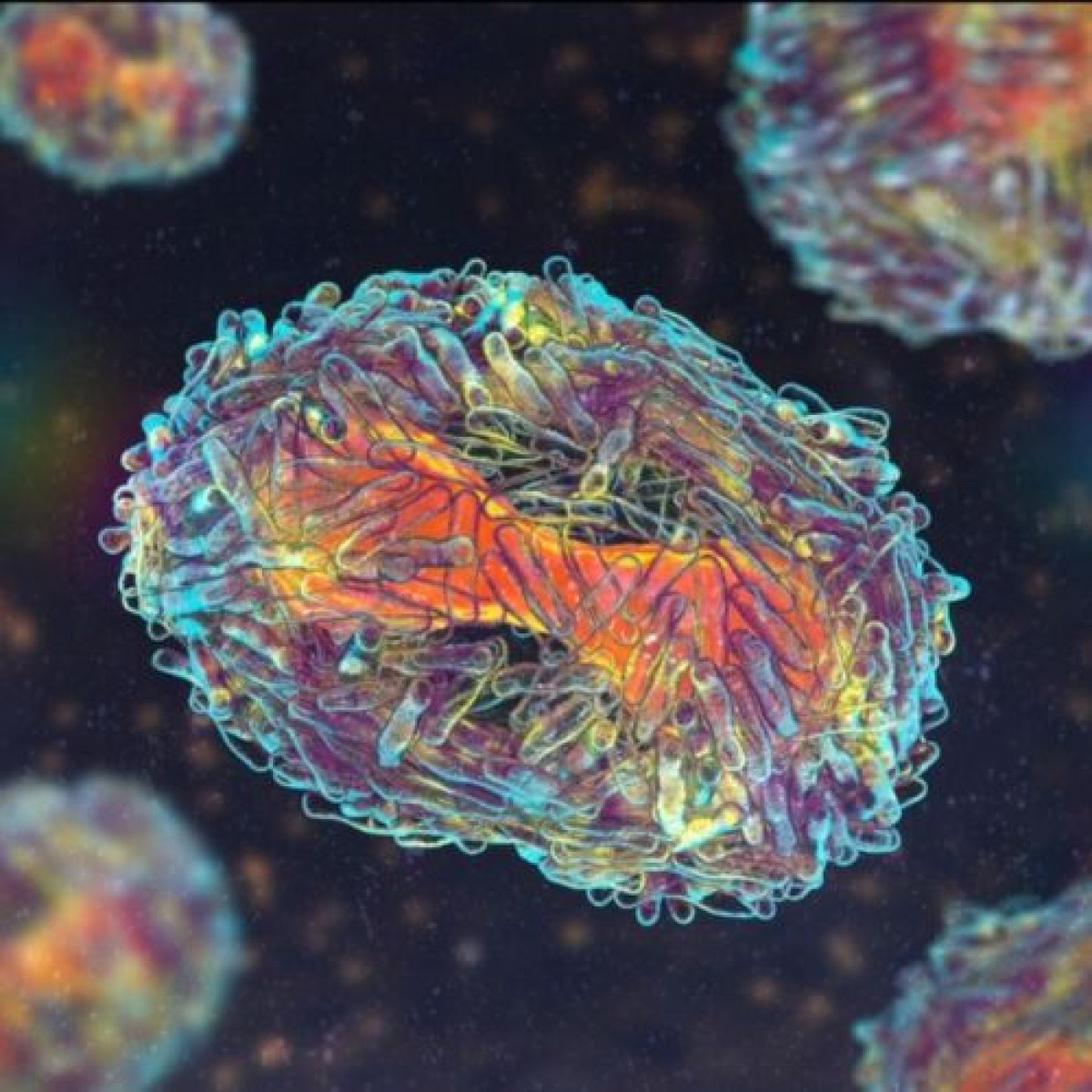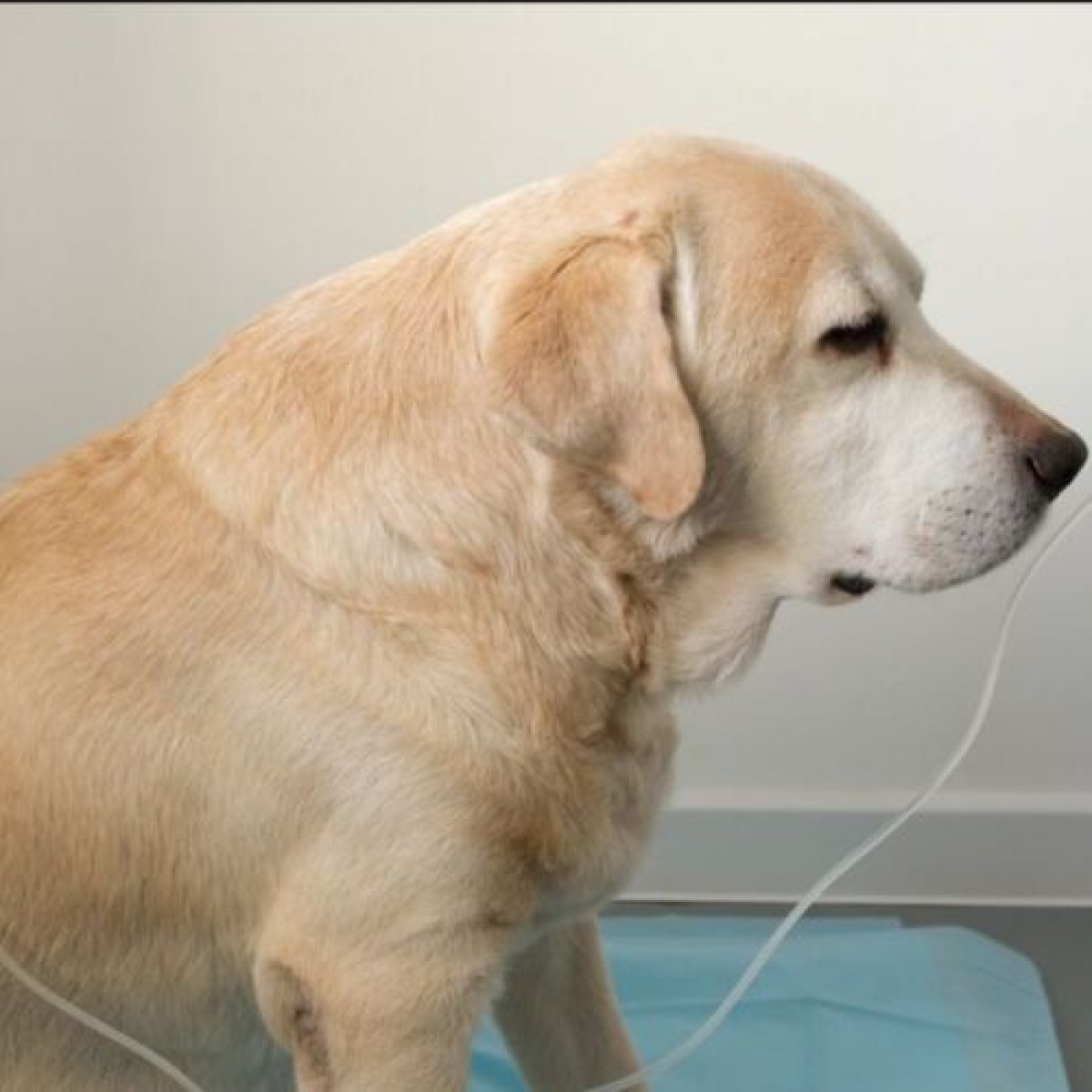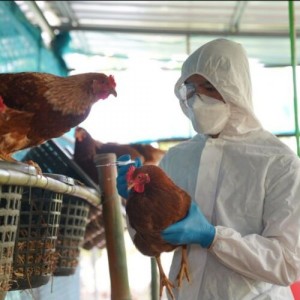Canine Lymphoma Diagnosis, Treatment, and Research
by Jenny Alonge
- Canine lymphoma, which is one of the most common malignancies diagnosed in dogs, is typically seen as a systemic disease that often involves the lymph nodes, liver, and spleen, and may include the bone marrow and non-lymphoid sites. Since the disease is so prevalent, research is constantly ongoing to advance diagnosis and treatment. The following article details common diagnostic modalities, new treatment options, and current research on canine lymphoma.
Canine lymphoma diagnosis
IDEXX’s Nu.Q Canine Cancer test is helpful for screening high-risk dogs for lymphoma. The test is an enzyme-linked immunosorbent assay (ELISA) that detects nucleosomes released when cells die and has an overall 77% lymphoma detection rate. Other common diagnostic tests used include:
- Cytology — Cytologic evaluation of a fine needle aspirate is a valuable method for diagnosing canine lymphoma, but results can be inconclusive if a sufficient amount of intact lymphoid cells is not retrieved.
- Biopsy — If cytology doesn’t provide a definitive diagnosis, biopsy may be the next best option. In some lymphoma forms, diagnosis requires assessment of the whole lymph node architecture, and removing the entire lymph node, including the capsule, is ideal for accurate evaluation.
- Flow cytometry — Flow cytometry can help diagnose canine lymphoma and determine phenotype. This test can also differentiate between the multiple lymphoma subtypes (e.g., t-zone, marginal zone, small cell). Flow cytometry can typically provide diagnostic and prognostic information.
- PCR for Antigen Receptor Rearrangement (PARR) — PARR determines whether lymphocytes arise from a single clone (i.e., neoplastic) or polyclonal source (i.e., reactive). PARR is primarily used when cytology or histology is ambiguous.
- Immunophenotyping — Immunophenotyping can help determine the tumor’s lymphocyte type to offer prognostic information regarding survival times, but is considered an inferior test to flow cytometry and immunohistochemistry.
Canine lymphoma treatment
Chemotherapy is the most effective therapy for most canine lymphoma types. The most recent Food and Drug Administration (FDA)-approved specialized oncology therapeutics for dogs include:
- Tanovea — Tanovea’s active ingredient is rabacfosadine, a prodrug of the nucleotide analog 9-guanine that interferes with DNA synthesis. Other relevant information includes:
- Administration — Tanovea is administered at 1 mg/kg via a 30-minute intravenous (IV) infusion once every three weeks for up to five treatments.
- Protocol — Current treatment protocol options include use as a single-agent therapy with prednisone, a combination multi-agent chemotherapy protocol, or an alternating Tanovea/doxorubicin protocol.
- Side effects — The most common side effects include gastrointestinal (GI) signs, myelosuppression, and dermatopathies, and potentially pulmonary fibrosis. The drug is contraindicated in West Highland terriers and other terrier breeds.
- Laverdia-CA1 — Laverdia-CA1’s active ingredient is verdinexor, a selective nuclear export inhibitor that blocks a regulatory protein responsible for exporting several tumor suppressor and growth regulatory proteins from the nucleus to the cytoplasm. Other relevant information includes:
- Administration — Laverdia-CA1 is initially administered at 1.25 mg/kg PO twice a week with at least 72 hours between doses. Dosage is then increased after two weeks to 1.5 mg/kg twice a week, depending on the patient’s drug tolerance.
- Protocol — Current treatment protocol options include use as a single-agent therapy with prednisone, a combination multi-agent chemotherapy protocol, or a maintenance therapy after completing a multiagent chemotherapy protocol.
Canine lymphoma research
Numerous current studies to learn more about this relevant and concerning disease include:
Biodynamic imaging to guide treatment for canine diffuse large B-cell lymphoma (DLBCL) — Researchers at Purdue University’s Werling Comparative Oncology Research Center are trying to find an improved method to predict if DLBCL will respond well to combination chemotherapy using cyclophosphamide, doxorubicin, vincristine, and prednisone (i.e., CHOP), the current standard treatment. The researchers recently demonstrated that a novel tumor tissue imaging technology called biodynamic imaging predicts canine DLBCL responsiveness to CHOP with approximately 84% accuracy. This study’s goal is to expand BDI’s use in a larger dog population to better define its predictive capability.
Can AI detect minimal residual disease (MRD) in dogs treated for lymphoma? — Researchers at Virginia-Maryland Regional College of Veterinary Medicine want to determine if convoluted neural networks (CNN), an AI type well adapted for medical image analysis, can effectively detect MRD in dogs treated for lymphoma. The study aims to demonstrate that a dog’s MRD status after lymphoma treatment can be detected by applying CNN to digital cytology lymph node images.
Exposure to environmental chemicals in boxers with lymphoma — Researchers at the University of Wisconsin, Madison, are investigating if exposure to several high-risk chemicals in boxers increases their lymphoma risk. The study will use direct environmental and urine monitoring to evaluate exposed dogs and compare them with unaffected matched controls.
Natural killer (NK) cell immunotherapy for canine lymphoma — Researchers at the Ohio State University want to determine the feasibility, safety, and immunologic and biologic activity when adoptive NK cell therapy is combined with chemotherapy to treat canine lymphoma. Researchers will isolate NK cells from healthy dogs, expand and culture them to enhance function, and administer them to dogs with lymphoma in combination with chemotherapy.














List
Add
Please enter a comment